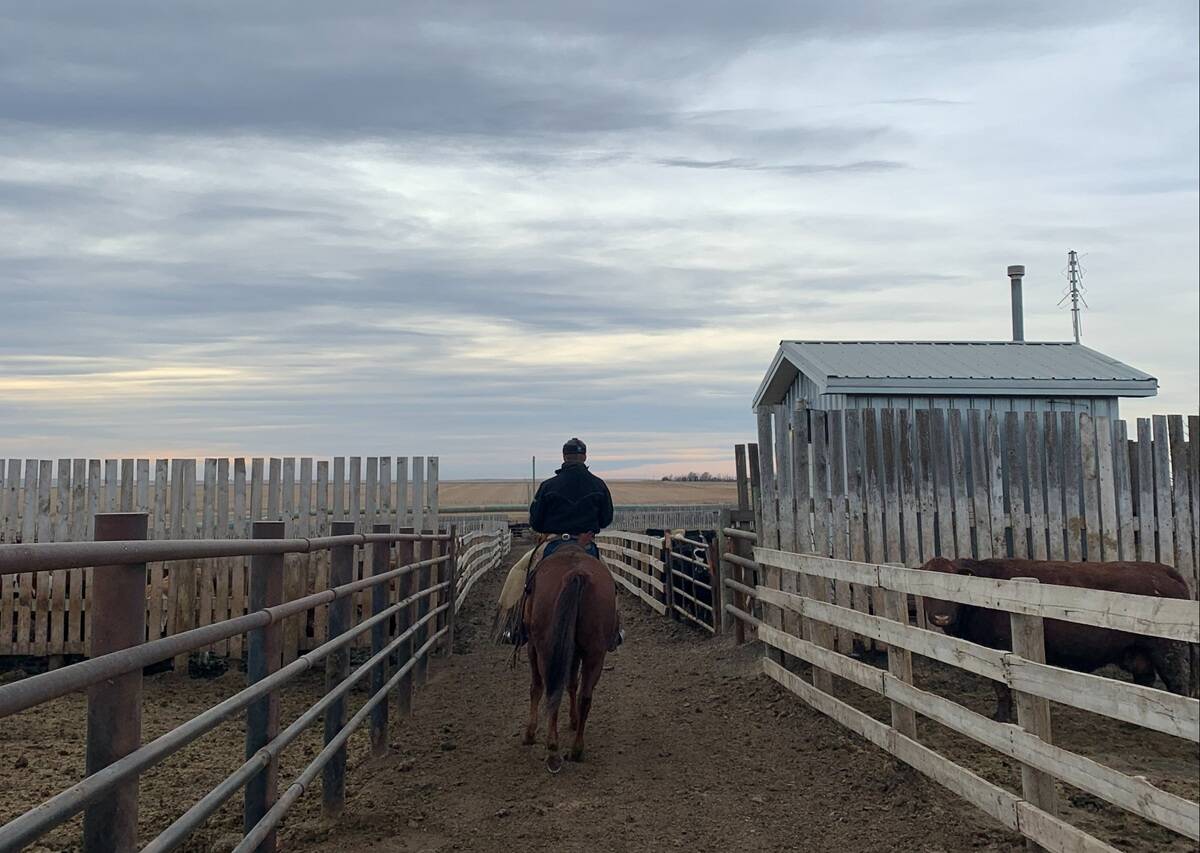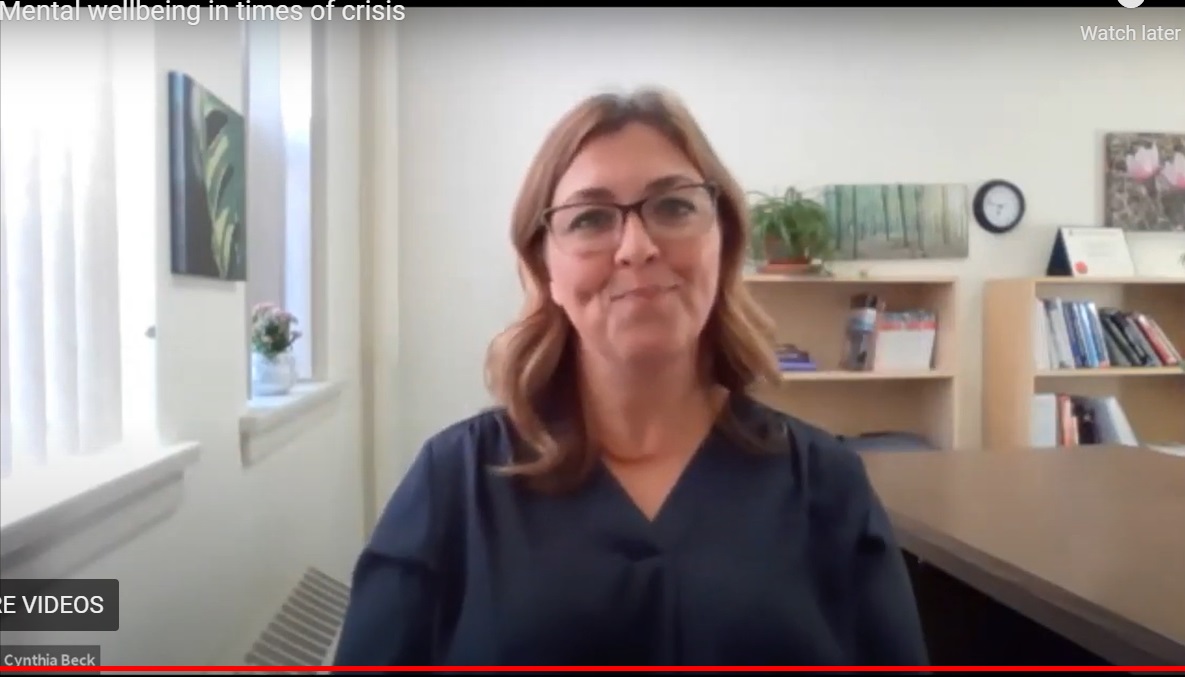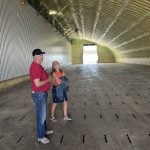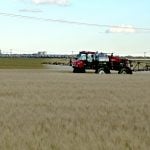Do More Agriculture has announced that the community fund application opened again on November 1.
The community fund, presented by Farm Credit Canada, has been going on for four years and was created to provide access to mental health education at no cost to agricultural and rural communities across Canada and the people in them — whether they be farmers, the family members of farmers, or other professionals in the agriculture industry.
“We’re really looking to make that education and awareness piece as easy as possible by, for free, bringing learning opportunities that can lead to support opportunities into rural communities,” says Megz Reynolds, executive director of Do More Ag.
Read Also

Pen riders still better than tech at detecting respiratory disease in feedlot cattle, says researcher
Recent research found that pen riders are better than tech at flagging signs of BRD in feedlot cattle
According to statistics from Do More Ag, 35 per cent of producers meet the classification for depression, 58 meet the classification for anxiety, 45 per cent report high stress and 68 per cent are more susceptible to chronic stress than the general population. They also have 20 to 30 per cent higher rates of suicide than any other occupation in Canada and are four times more likely to use a firearm to die by suicide than the general public.

Reynolds says these stats show how important it is to offer mental health resources to producers.
“There’s a strong stigma just in society in general, but so much more so in agriculture,” Reynolds says. “And we can’t have support for those in the industry that need it if we don’t have an understanding of mental health and how to support not only ourselves but those that we come in contact with.”
The training provided through the community fund isn’t just for people struggling with their own mental health — it’s also for people who may need to support someone who may be struggling and needs resources to do so.
“That’s how we build an agricultural community where we are all supported to take care of our own mental health and mental well-being and support each other.”
Reynolds also says this is the first year they are running virtual workshops across Canada.
“But those will be really great ways to get smaller amounts of 45-minute sessions but get more information to learn more about maybe different topics, things specific that you may want to explore more into, but to do so in that kind of larger, anonymous setting,” she says.
The application for the community fund closes on December 10.


















